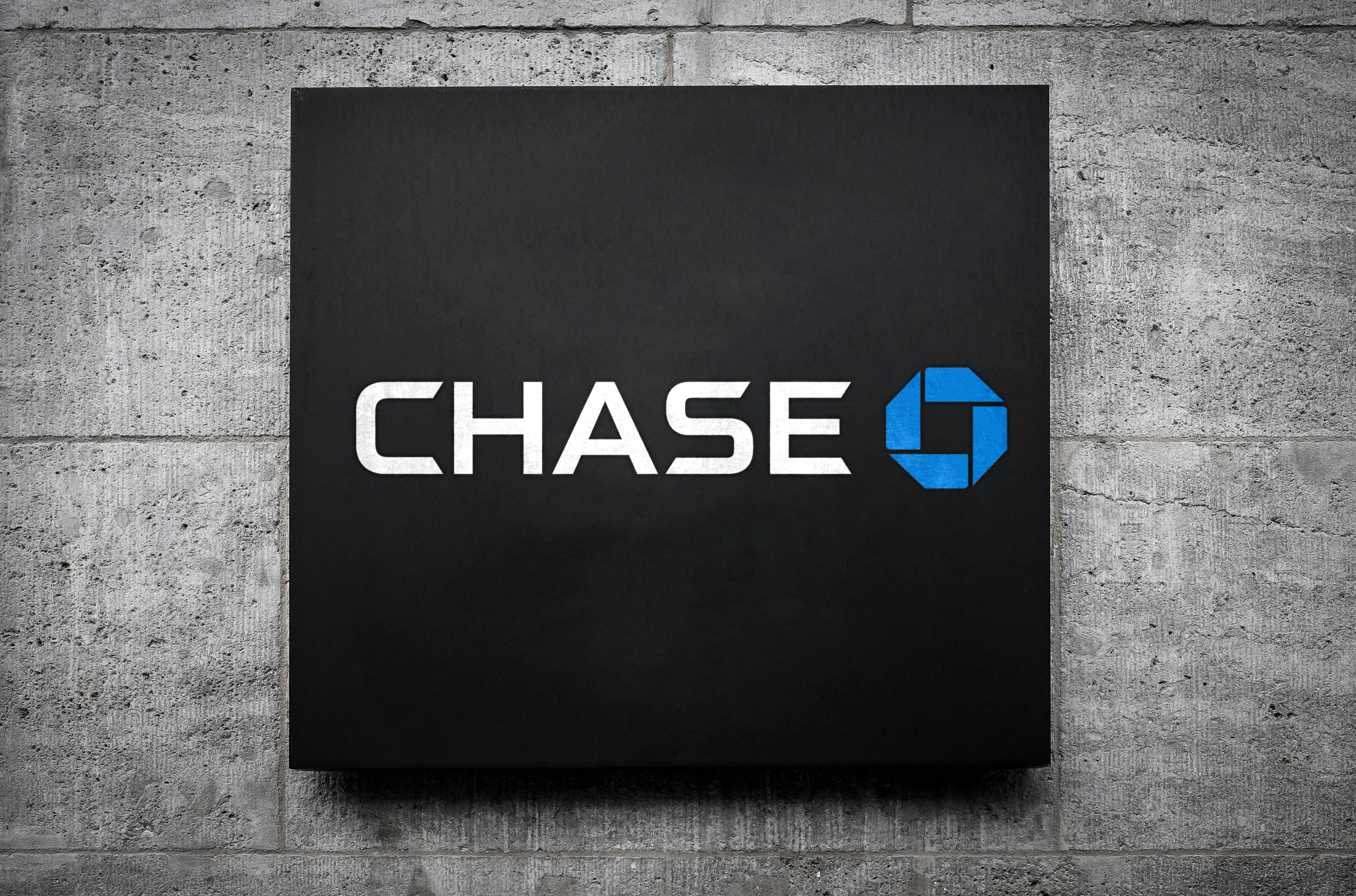British banks could face criticism if they follow in the footsteps of JP Morgan’s Chase, which moved to block cryptocurrency payments for its UK customers, a banking lawyer has said.
The outright ban by consumer bank Chase was a “brave call” unlikely to be echoed by high street banks, William Garner, the head of financial services and funds at law firm Charles Russell Speechlys, said.
The move, which will see the bank decline all payments it thinks are related to crypto assets, such as bitcoin, from October 16, marks a step-up from other banks, which currently only restrict crypto-related transactions.
Chase said it made the decision after seeing an increase in the number of crypto scams targeting UK consumers.
Mr Garner told the PA news agency: “In regulatory terms, my question is, should it really be up to a bank to determine what its customers can or cannot do, or invest in?
“There is a bit of a hurdle to cross if you give a bank the power to decide what its customers can and cannot spend their own money on.”
He said all financial services firms are obliged to act in the best interest of their customers – but suggested a “cynic might say” blocking certain payments is designed to protect banks themselves more than their customers.
The lawyer also pointed out that a blanket ban makes no distinction between people buying or using crypto through a regulated business versus an unregulated business.

Meanwhile, some of the UK’s biggest banks and building societies say they limit cryptocurrency spending in order to protect customers from scams.
Lloyds Bank, HSBC and Nationwide are among the high street lenders which do not allow customers to buy crypto using their credit card.
Others limit the amount people can spend using their debit card or via mobile banking and in branches, with the intention of still giving consumers some freedom to spend and invest.
Nationwide has a daily limit on debt card payments to crypto assets of £5,000 a day, while Santander has a limit of £1,000 per payment to a crypto exchange.
Both banks are keeping the limits under review.
HSBC has a £10,000-a-month cap and customers can still receive payments from crypto exchanges into their accounts.
Mr Garner said it is unlikely high street banks will follow in Chase’s footsteps because it could be a difficult regulatory decision to justify.
“If it remains that it is simply UK banks doing this, it is not going to look good internationally,” he added.
